Are you considering a career in translation services or looking to enhance your application? Crafting the perfect letter can make all the difference in showcasing your language skills and professional experience. In this article, we'll guide you through creating an impactful letter template that highlights your qualifications and passion for multilingual communication. Let's dive in and explore how to make your letter stand out!
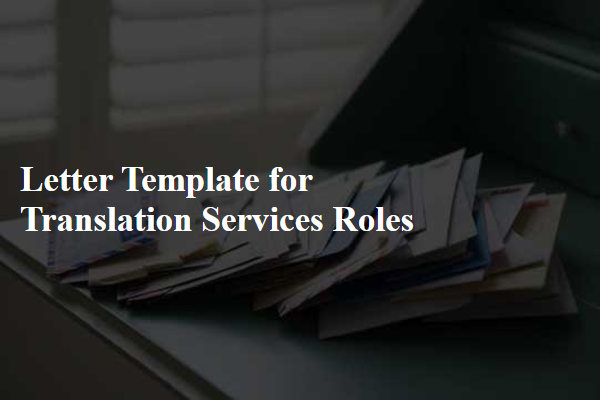
Clear role description
Translation services encompass a range of roles requiring linguistic expertise and cultural knowledge. Translators process written documents, converting text from one language to another (e.g., legal contracts, marketing materials, technical manuals). They ensure accuracy and maintain the original meaning while adapting to the target audience's cultural nuances. Interpreters provide real-time verbal translation during meetings or conferences (e.g., UN assemblies, business negotiations), requiring quick thinking and fluency in both languages. Localization specialists adapt content for specific regions (e.g., software, video games) to ensure relevance and usability. Quality assurance roles focus on reviewing and proofreading translations for errors and consistency, ensuring high standards are met. Understanding of various industries such as healthcare, finance, and technology is often beneficial, given the diverse range of documents needing translation.
Required language proficiency
Language proficiency is essential for translation services roles, encompassing multiple dimensions such as fluency, vocabulary depth, and cultural understanding. For instance, candidates must demonstrate near-native proficiency in both source and target languages, including English, Spanish, Mandarin, or Arabic, to effectively translate nuanced texts. Specialized terminologies in fields such as legal, medical, or technical require additional expertise, often assessed through industry-standard tests like the American Translators Association certification. Understanding regional dialects and cultural references enhances the quality of translation, ensuring accuracy and relevance for specific audiences. Candidates should possess strong writing skills, allowing them to convey messages clearly while maintaining the context and tone of the original content.
Specific translation tools and software expertise
Proficiency in translation tools and software plays a crucial role in delivering high-quality language services in various industries. Specialized tools like SDL Trados Studio, a popular Computer-Assisted Translation (CAT) tool, streamline the workflow, ensuring consistency in terminology and style across documents. Additionally, familiarity with software like MemoQ and Wordfast enhances productivity by providing powerful features for project management and collaboration. Knowledge of translation management systems (TMS), such as Smartling or Memsource, allows for efficient handling of large-scale projects and integration with content management systems (CMS). Expertise in file formats (such as XML, JSON, and HTML) is essential for preserving formatting and context during the translation process. Understanding localization processes, particularly for software and websites, further enables translators to adapt content for target audiences effectively, making these skills indispensable in the rapidly evolving field of translation services.
Prior experience in translation or related fields
Experienced translators possess proficiency in multiple languages, often specializing in fields such as legal, medical, or technical documentation. Previous roles may include positions at translation agencies, freelance assignments, or in-house translator positions at multinational corporations. Familiarity with translation software, such as SDL Trados or MemoQ, enhances efficiency and accuracy in delivering high-quality translations. Successful translation projects contribute to effective communication in diverse settings, spanning industries from healthcare to finance, and may involve working on important events like international conferences or publishing materials for global outreach. Solid understanding of cultural nuances and variations in dialect ensures precise translations that resonate with target audiences.
Cultural understanding and sensitivity
Cultural understanding plays a crucial role in translation services, enhancing communication between diverse communities. Effective translators possess deep knowledge of cultural nuances such as idiomatic expressions, traditions, and societal norms, which vary significantly across languages. For example, certain phrases in Mandarin Chinese may encompass rich historical connotations that do not directly translate into English. Similarly, understanding the etiquette of interacting with individuals from different backgrounds, such as bowing in Japan as a form of respect, can impact the effectiveness of translated content. Sensitivity towards cultural differences not only facilitates accurate translation but also ensures that the intended message resonates well with the target audience, fostering mutual respect and understanding. Additionally, awareness of current events or societal changes in specific regions can further refine translation quality, making it relevant and timely.

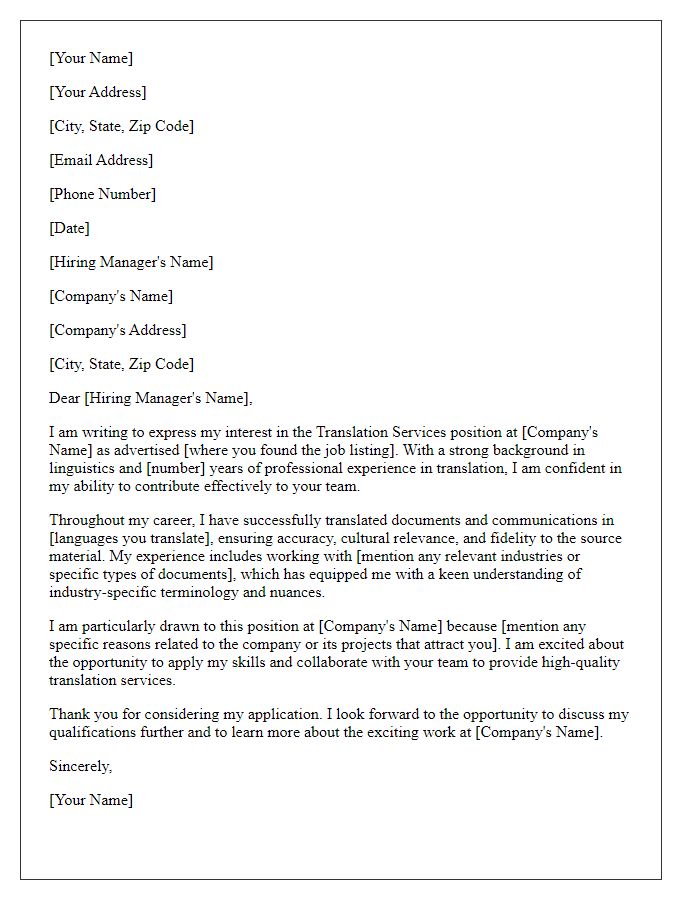
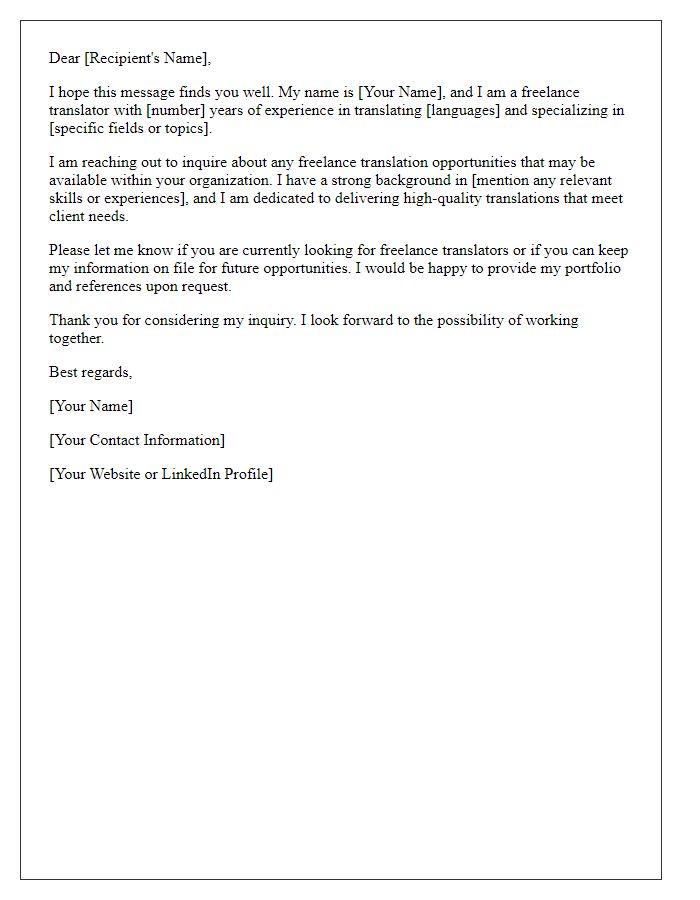
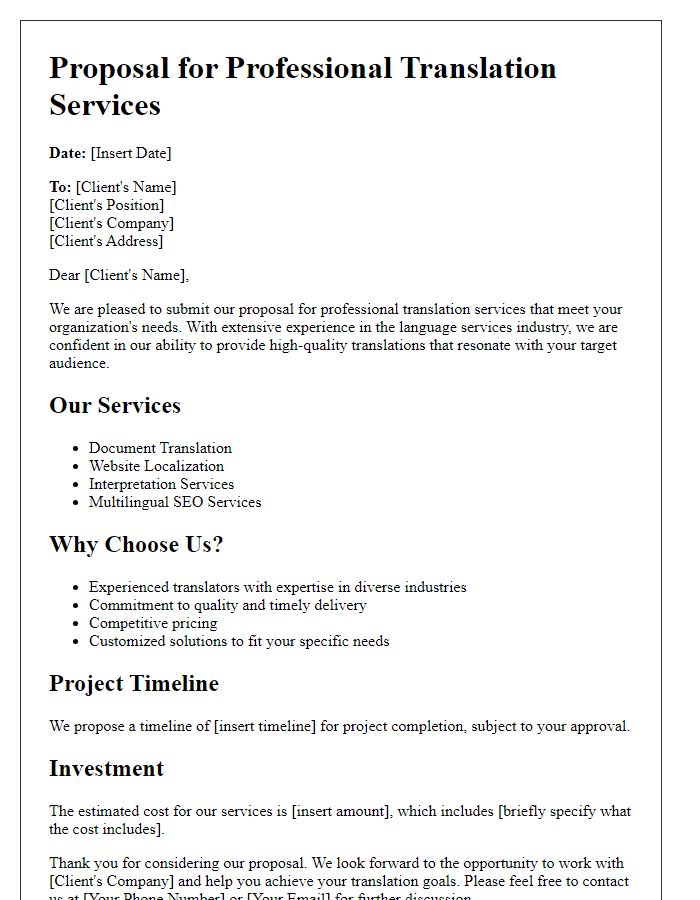
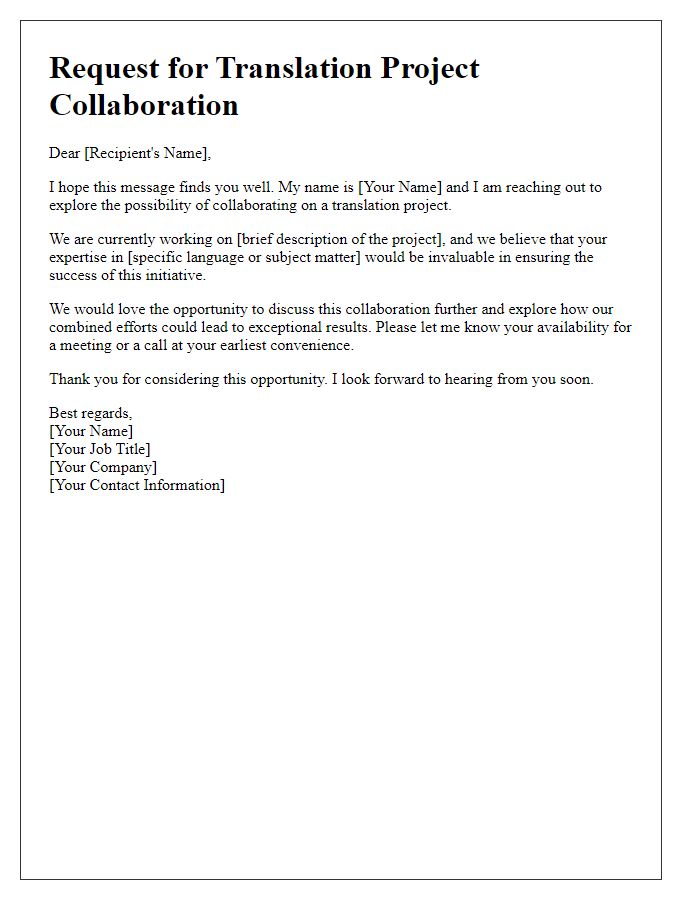
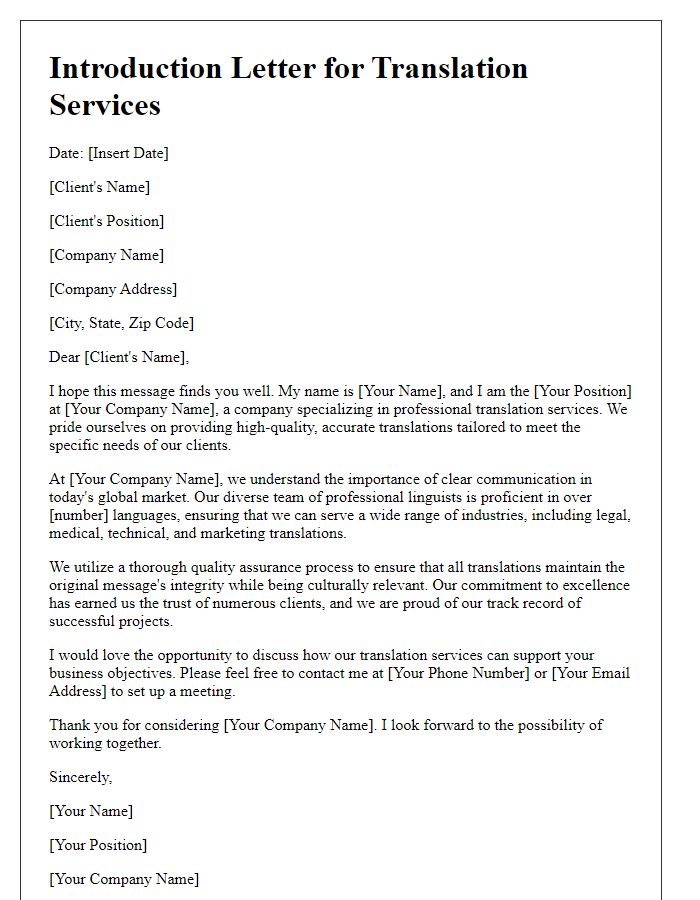
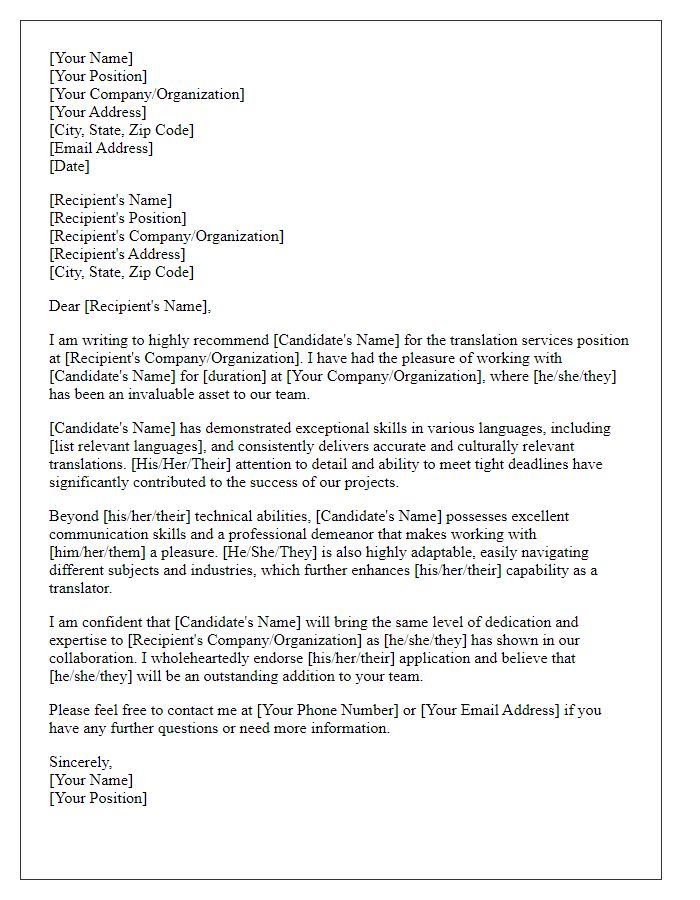
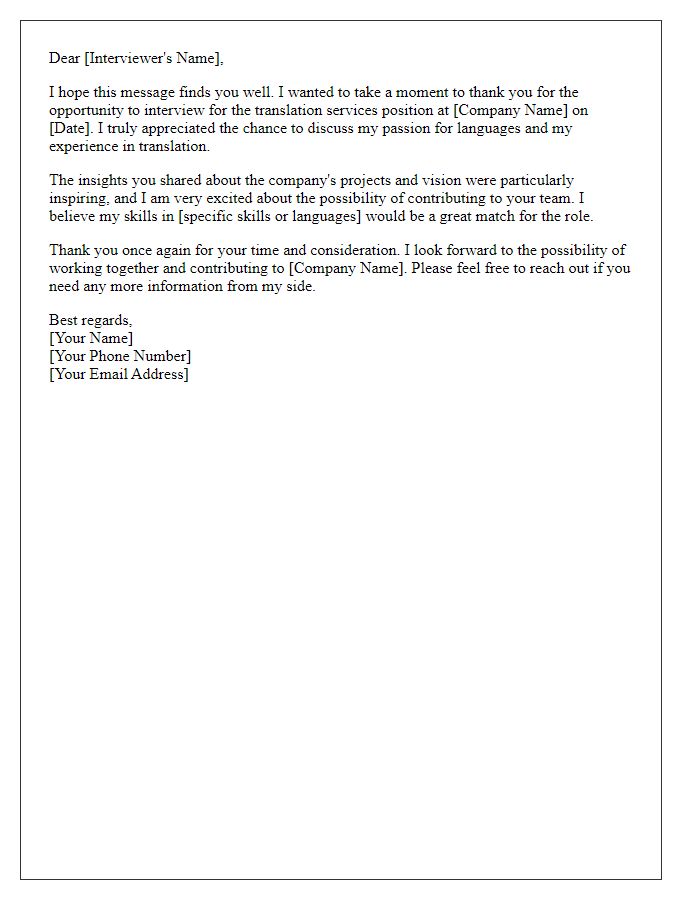
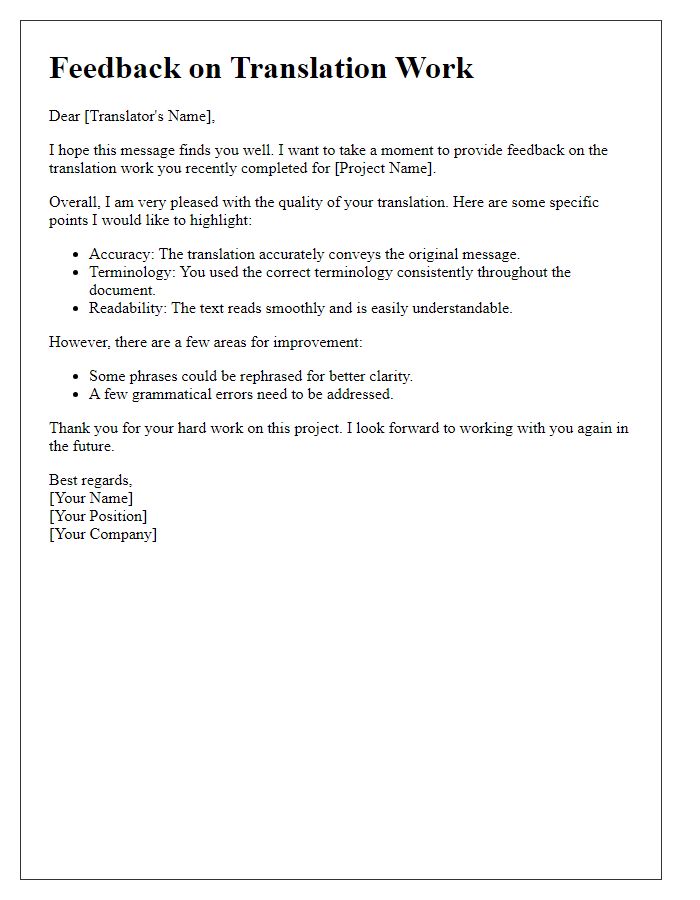
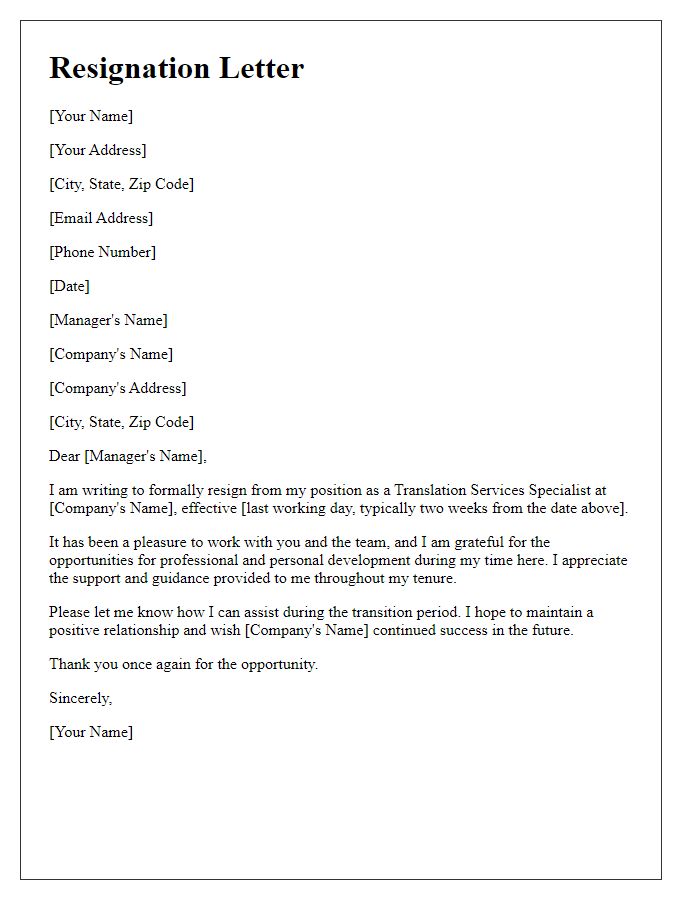
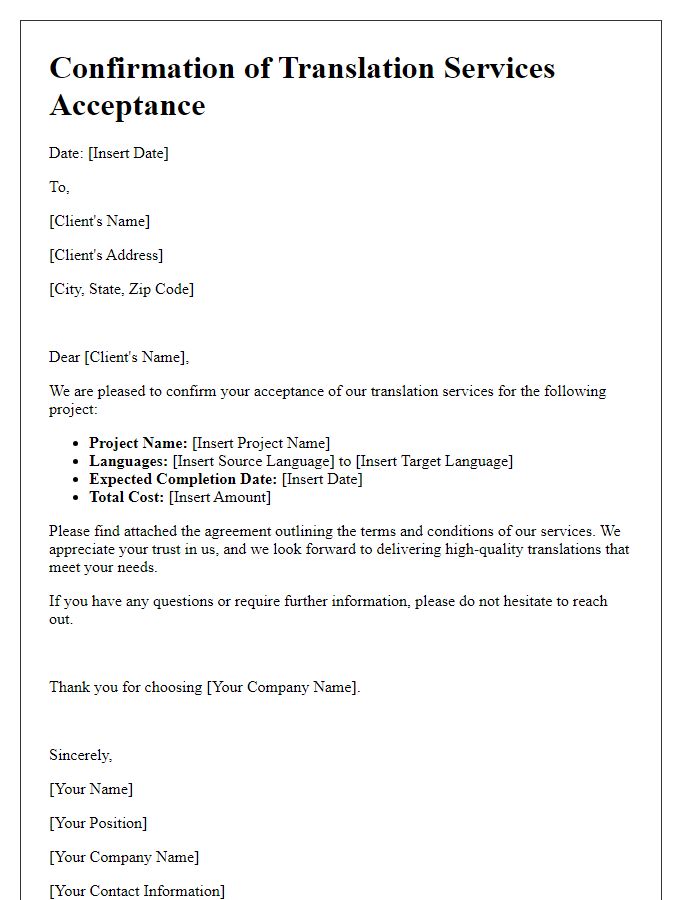


Comments